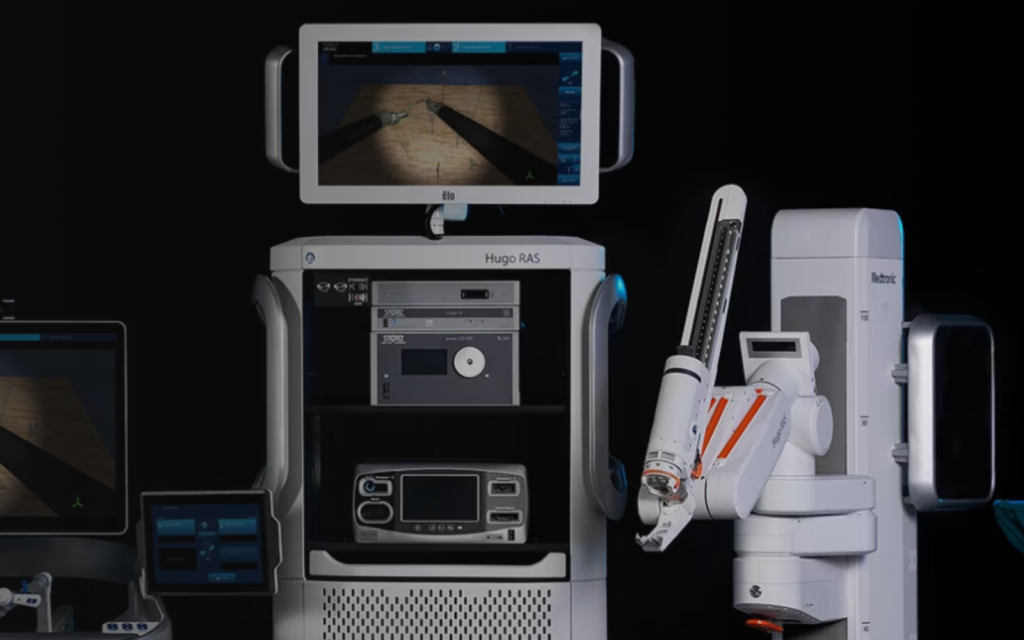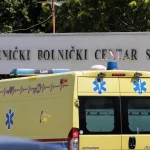December 22, 2023 – The first medical robot assistant in Croatia arrived at the Split hospital. It is meant for twelve members of the medical staff to train in the next few months. It is located in the operating room, and the exercise console is in the ward, where the doctors started their exercises on Thursday.
At the beginning of the week, writes Poslovni, the Hugo RAS robot, the first of its kind in Croatia, arrived at the KBC Split Surgery Clinic, which will soon assist doctors during surgery. It is worth 5.6 million euros.
The system for robotic surgery was installed, calibrated and tested, and simulation training was carried out for part of the staff. Medical staff are currently being trained to work on Hugo, and the first operations are expected in March next year.
The head of the KBC Split Surgery Clinic, Zdravko Perko, stated that it is a device that enables minimally invasive operations to be performed. It is advanced technology, which is why the hospital expects better results from the treatment of patients, especially the most difficult ones.
“We will operate in the field of abdominal, thoracic, urological and gynaecological surgery. The robot means a lot not only to our clinic but to the entire hospital where surgical procedures will be improved. A surgeon will still operate, but with the help of Hugo, i.e. robot-assisted surgery, operations will be more precise and more complicated procedures will be able to be performed,” explained Perko.
Depending on the complexity of the operation, initially, Hugo will initially assist the doctors in two operations a day, and over time KBC will organize for future operations.
It is the first robot assistant in Croatia, on which twelve members of the medical staff will undergo training in a few months. It is located in the operating room, and the exercise console is in the ward, where the doctors started their exercises on Thursday.
Perko says the console shows certain situations where they virtually practice the moves. After that, they are expected to undergo operations on models and with doctors who will assist them in the operations until they can train themselves. It will take six months for them to be fully operationally independent.











